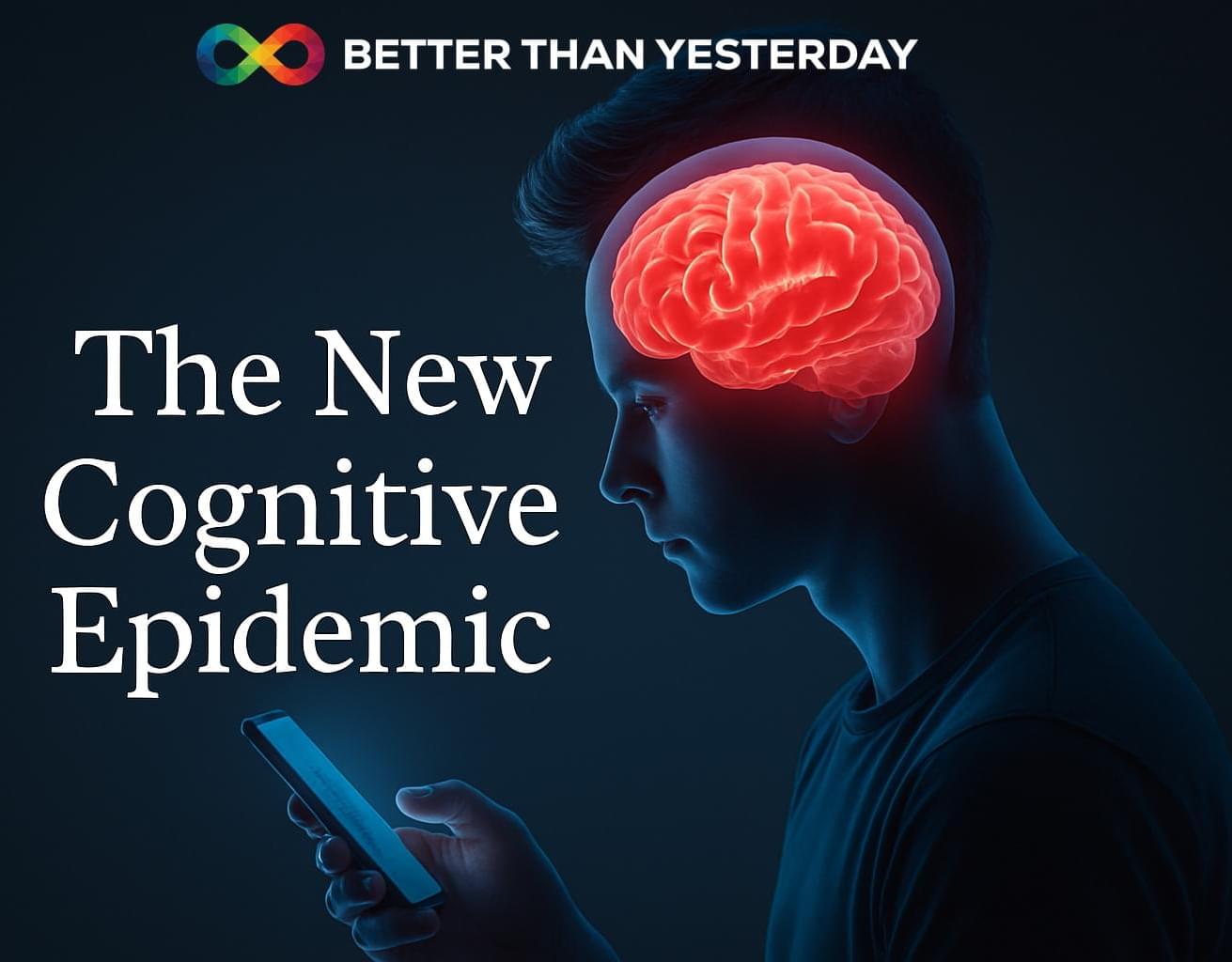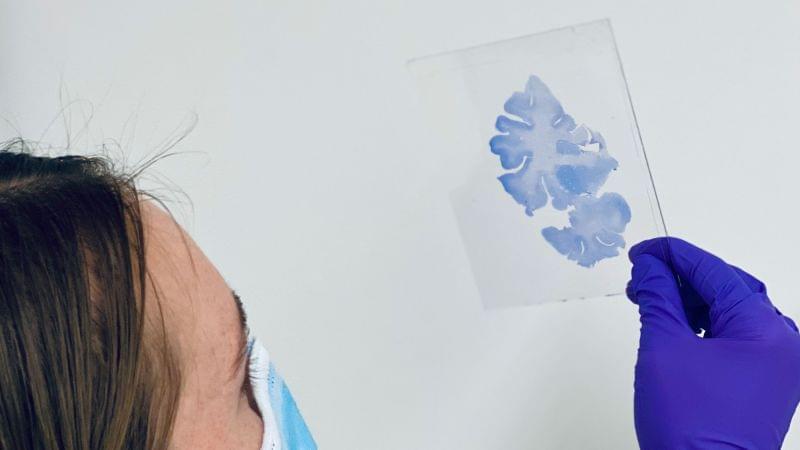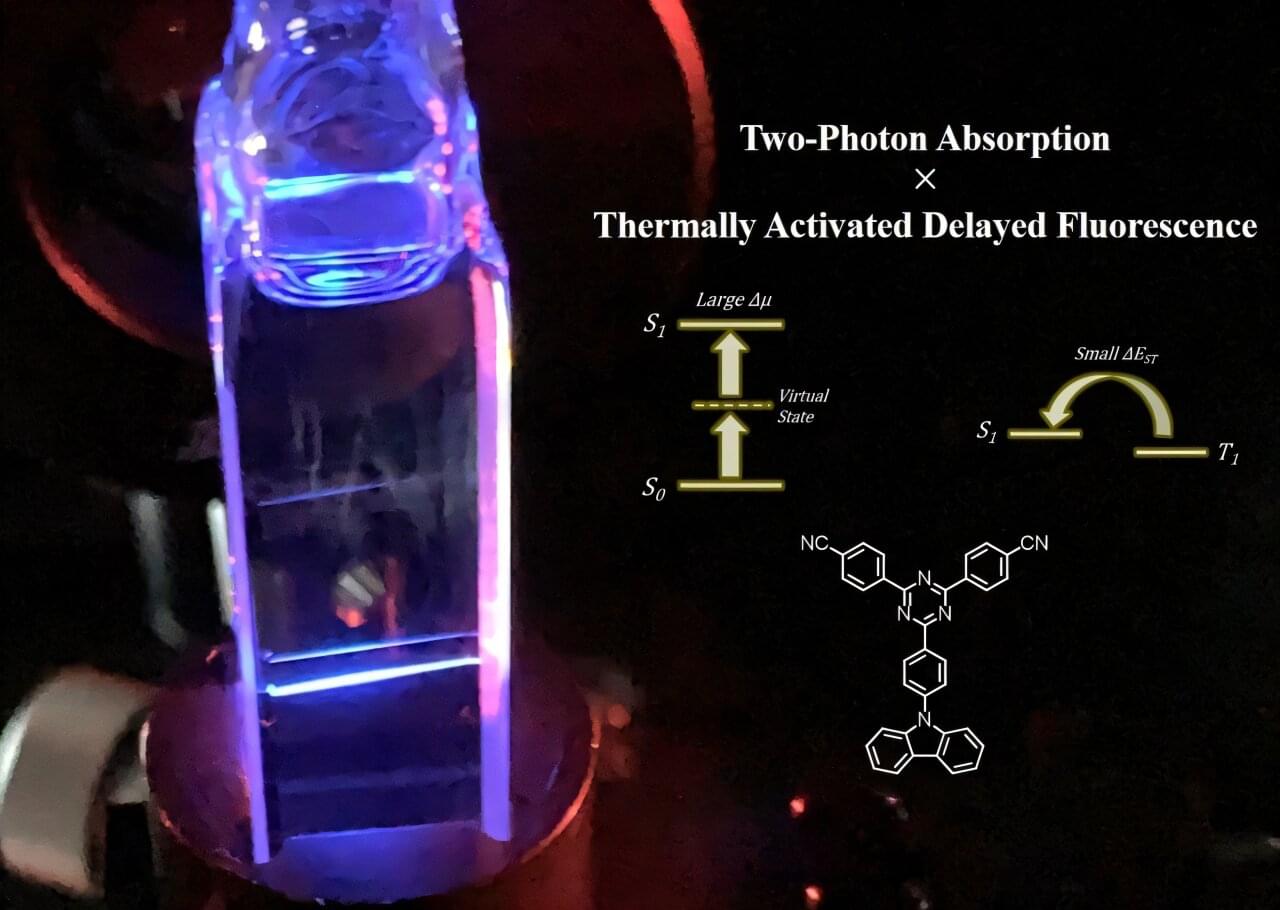Are you, or your kids, victims of the new cognitive epidemic?


Renowned Caltech physicist John Preskill joins Brian Greene for an in-depth discussion of quantum mechanics, focusing on where we are and where we’re headed with quantum computing.
This program is part of the Big Ideas series, supported by the John Templeton Foundation.
Participant: John Preskill.
Moderator: Brian Greene.
0:00:00 — Introduction.
0:01:33 — Are There Still Quantum Mysteries?
0:03:32 — Three Pillars of Quantum Mechanics.
0:05:25 — Einstein and Quantum Entanglement.
0:14:51 — Quantum Weirdness and Relativity.
0:17:46 — The Measurement Problem.
0:28:29 — Intro to Quantum Computing.
0:40:28 — Why Preskill Switched Fields.
1:00:51 — What is Quantum Error Correction?
1:15:30 — Quantum Supremacy.
1:23:07 — Can Quantum Systems Impact Society?
1:27:19 — The Black Hole Diary Thought Experiment.
1:31:14 — The Black Hole Bet with Stephen Hawking.
1:38:44 — What We Still Don’t Understand About Black Holes.
1:41:03 — From Baseball Cards to Quantum Physics.
1:45:12 — Credits.
VISIT our Website: http://www.worldsciencefestival.com.
FOLLOW us on Social Media:
Facebook: / worldsciencefestival.
Twitter: / worldscifest.
Instagram: / worldscifest.
TikTok: / worldscifest.
LinkedIn: / world-science-festival.
#worldsciencefestival #briangreene #cosmology #astrophysics
A new study led by researchers from Oxford Population Health has shown that a range of environmental factors, including lifestyle (smoking and physical activity) and living conditions, have a greater impact on health and premature death than our genes.
The researchers used data from nearly half a million UK Biobank participants to assess the influence of 164 environmental factors and genetic risk scores for 22 major diseases on ageing, age-related diseases, and premature death. The study is published in Nature Medicine.

The human brain shrinks as it ages, affecting the ability to remember — it’s part of life. Yet there are a lucky few, called “SuperAgers,” who possess a brain that fights back.
Why does the brain of some people stay sharp into their 80s and beyond? An expert explains what 25 years of exploring the brain tissue of “SuperAgers” has discovered.
“Context engineering is the delicate art and science of filling the context window with just the right information for the next step.” — Andrej Karpathy. A frontier, first-principles handbook inspired by Karpathy and 3Blue1Brown for moving beyond prompt engineering to the wider discipline of context design, orchestration, and optimization.
Tesla is poised for significant growth and expansion, driven by advancements in its Full Self-Driving technology, robotaxi initiatives, and strategic partnerships, which could lead to a major increase in its stock value ## ## Questions to inspire discussion.
Tesla’s FSD and Robotaxi Advancements.
🚗 Q: What major update is coming to Tesla’s Full Self-Driving (FSD) system? A: A new FSD model with 10x more parameters is expected to be ready for public release by the end of next month, offering a big leap forward in capabilities.
🛣️ Q: How much safer is Tesla’s FSD compared to human drivers? A: Tesla’s FSD is reported to be 10x safer than human drivers, with the new model expected to provide a magnitude increase in safety and features.
🚕 Q: How is Tesla’s Robotaxi service expanding? A: Tesla’s Robotaxi service is expanding rapidly, with the geofenced area in Austin quadrupled to 80 square miles in just 42 days, and ride-hailing launched in California.
Tesla’s Strategic Moves.
Discovered last month by a telescope in Chile, the comet known as 3I-Atlas is only the third known interstellar object to pass our way.

People’s perceptions of the world are easily impacted by the angle at which they view objects in it, suggests a new study.
This finding, made by researchers from The Ohio State University, was revealed by testing people’s ability to estimate the steepness of a hill. The study, recently published in the journal Perception, showed that most people, regardless of their visual orientation — or line of sight — will consistently overestimate its steepness.
Dennis Shaffer, lead author of the study and a professor of psychology at The Ohio State University’s Mansfield campus, said his team’s research aimed to understand why this may be, as well as how manipulating a person’s gaze might result in notable differences in their perception.

In a striking demonstration of how chemical bonding can engineer exotic physics, researchers at Columbia University have discovered that quantum frustration —a key ingredient for superconductivity and other correlated quantum phases—can be induced not just by geometry, but directly through chemistry. The new material, Pd5AlI2, showcases this unusual electron behavior in a two-dimensional crystal structure with orbital configurations that mimic flat-band lattice geometries.

Researchers at Kyushu University have developed a novel organic molecule that simultaneously exhibits two highly sought-after properties: efficient light emission suitable for advanced displays and strong light absorption for deep-tissue bioimaging. This breakthrough addresses a long-standing challenge in molecular design, paving the way for next-generation multifunctional materials.
Their study, published online in the journal Advanced Materials on July 29, 2025, was conducted in collaboration with the National Taipei University of Technology and the National Central University.
Organic light-emitting diodes (OLEDs) are at the forefront of modern display and lighting technologies, powering nearly everything from smartphone screens to large televisions and monitors. A key phenomenon that is actively being researched to enhance OLED efficiency is thermally activated delayed fluorescence (TADF).